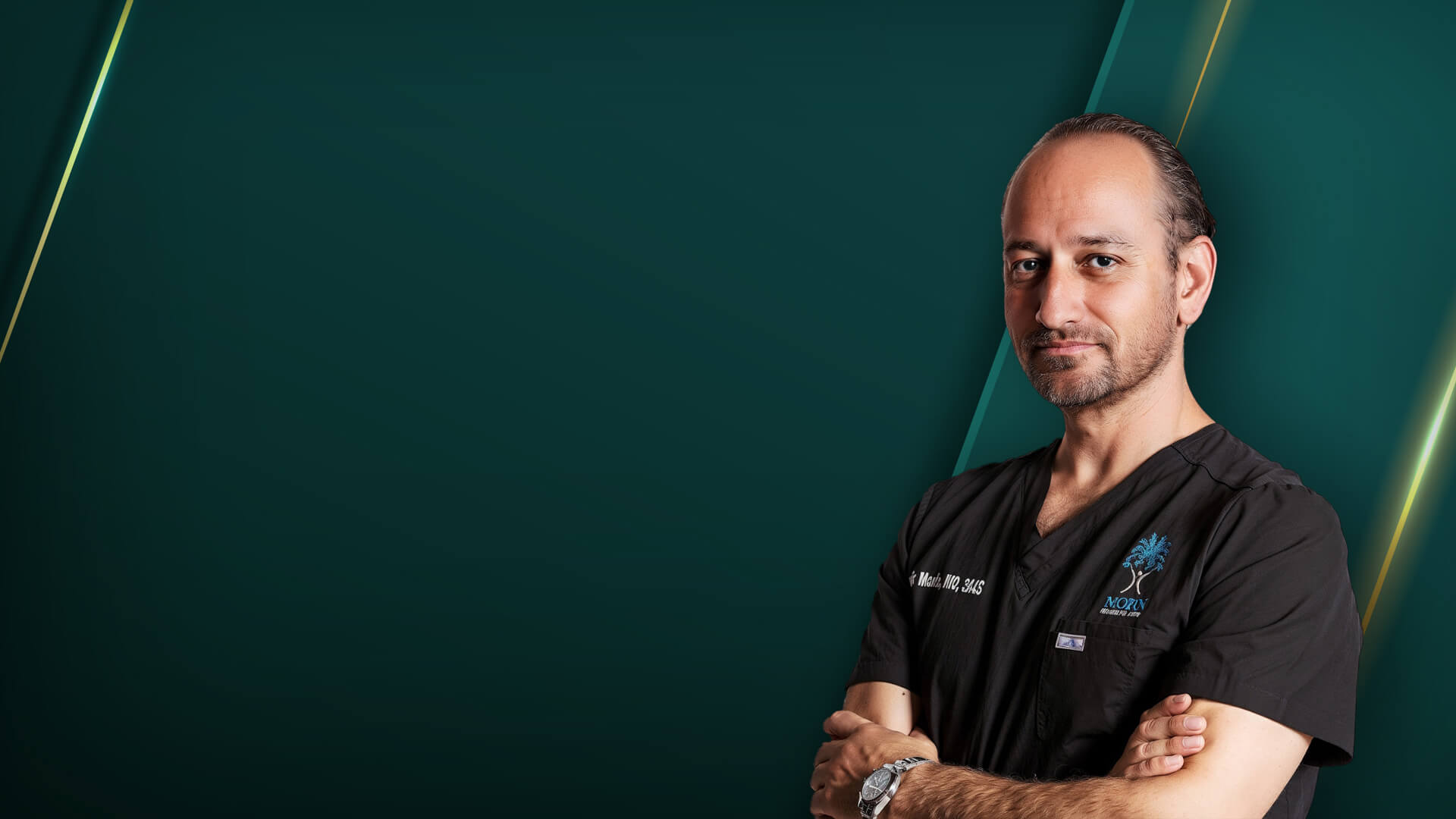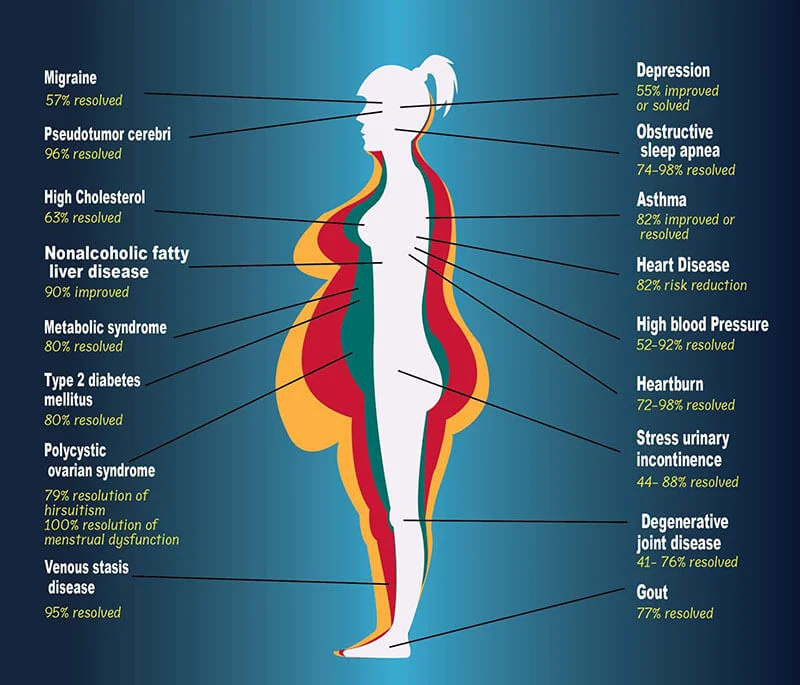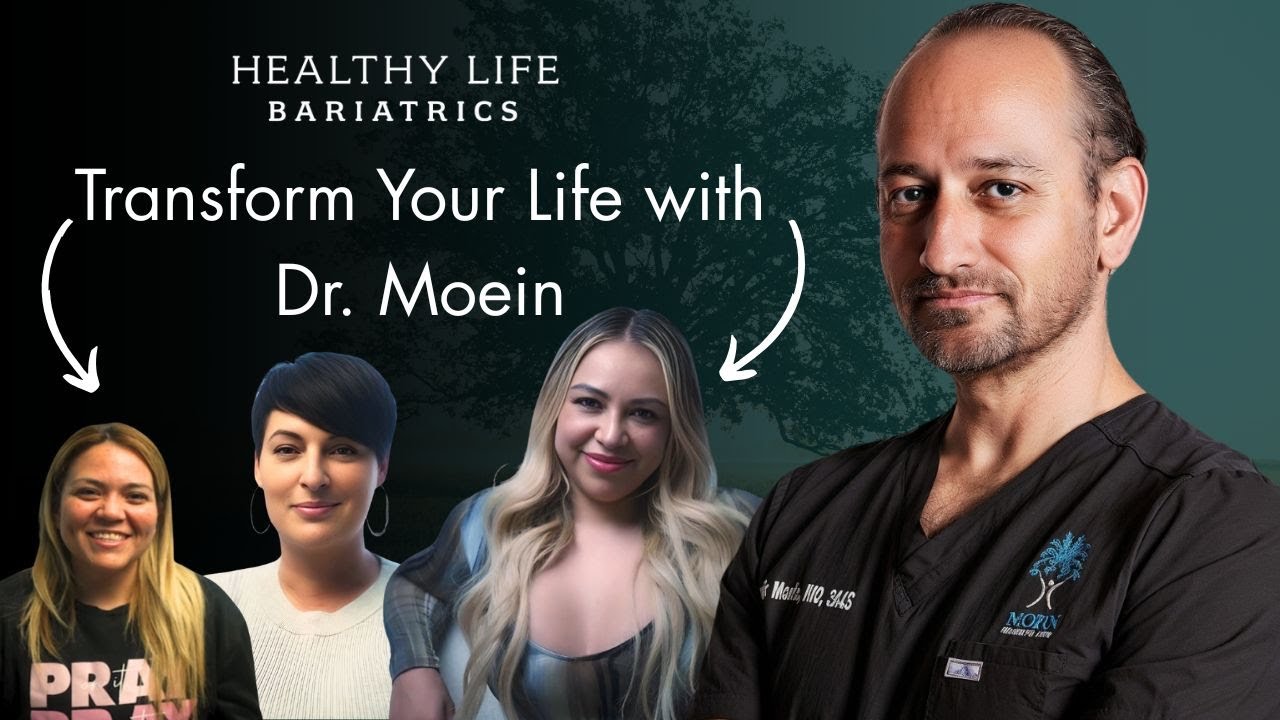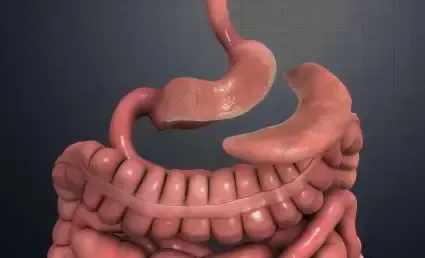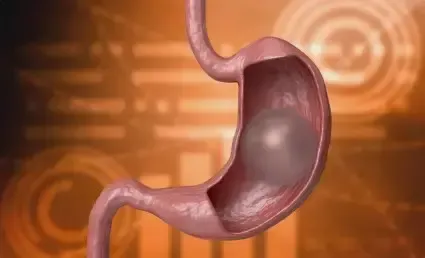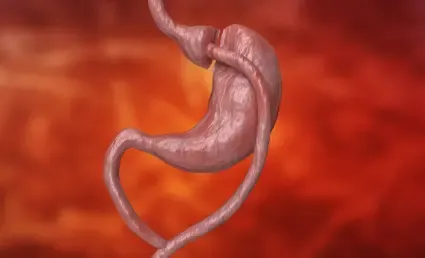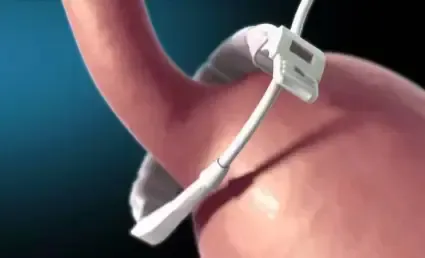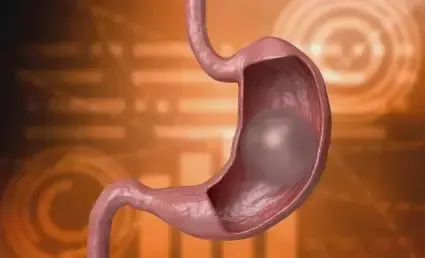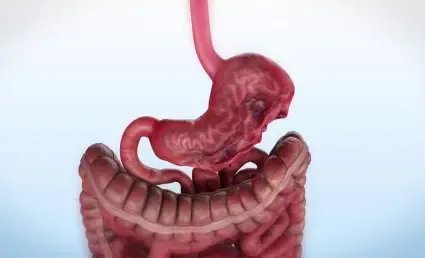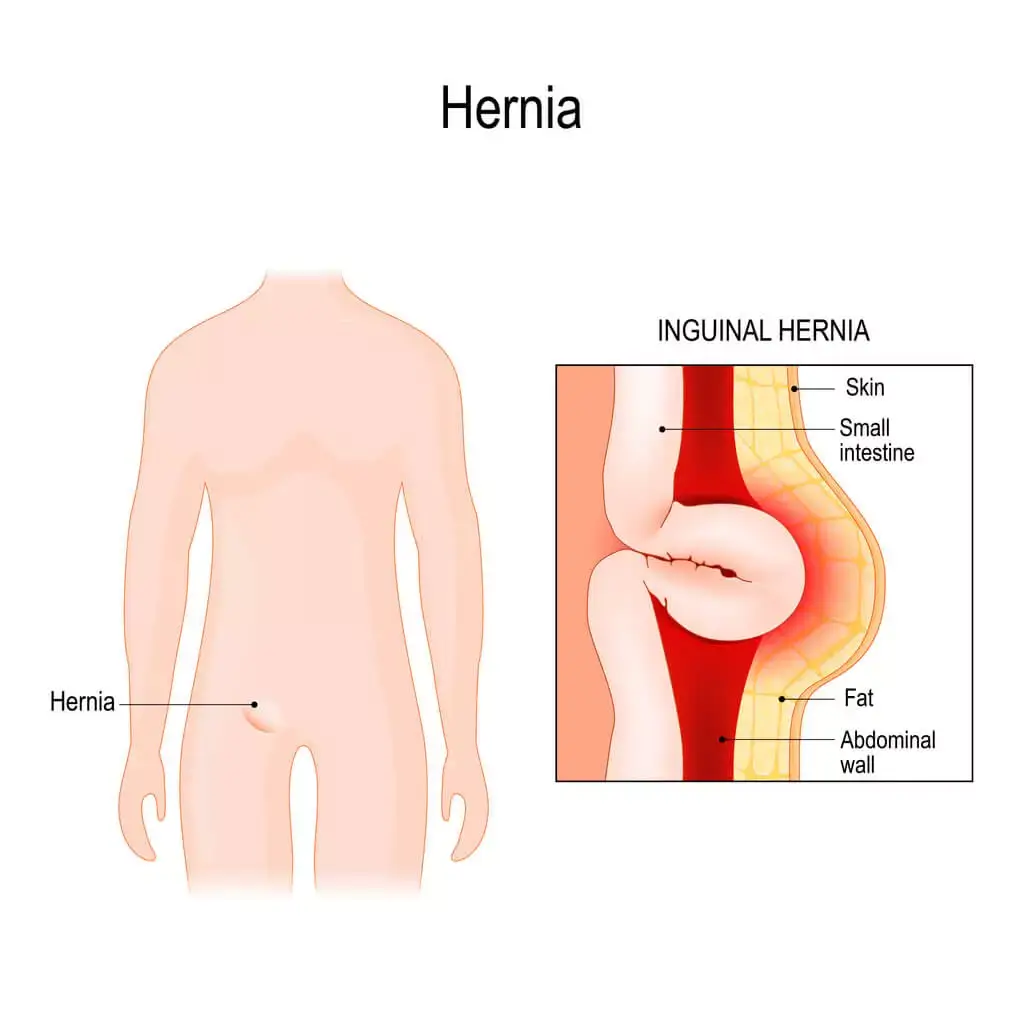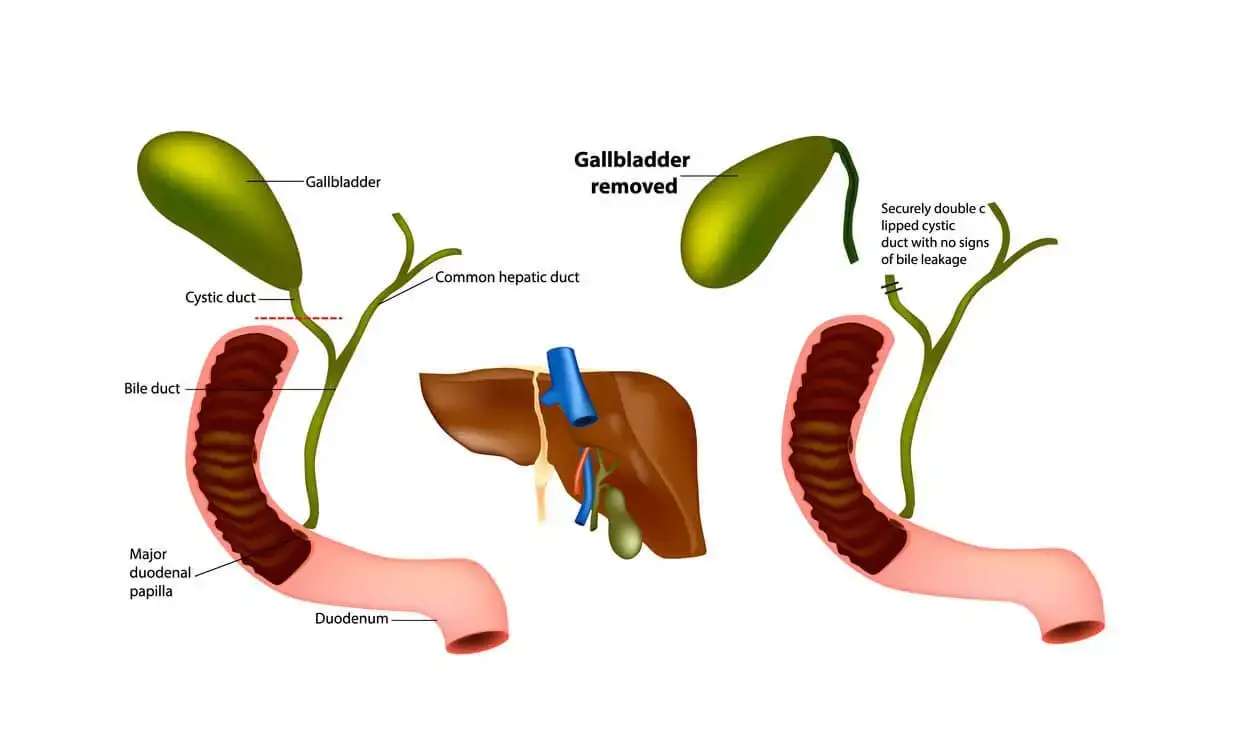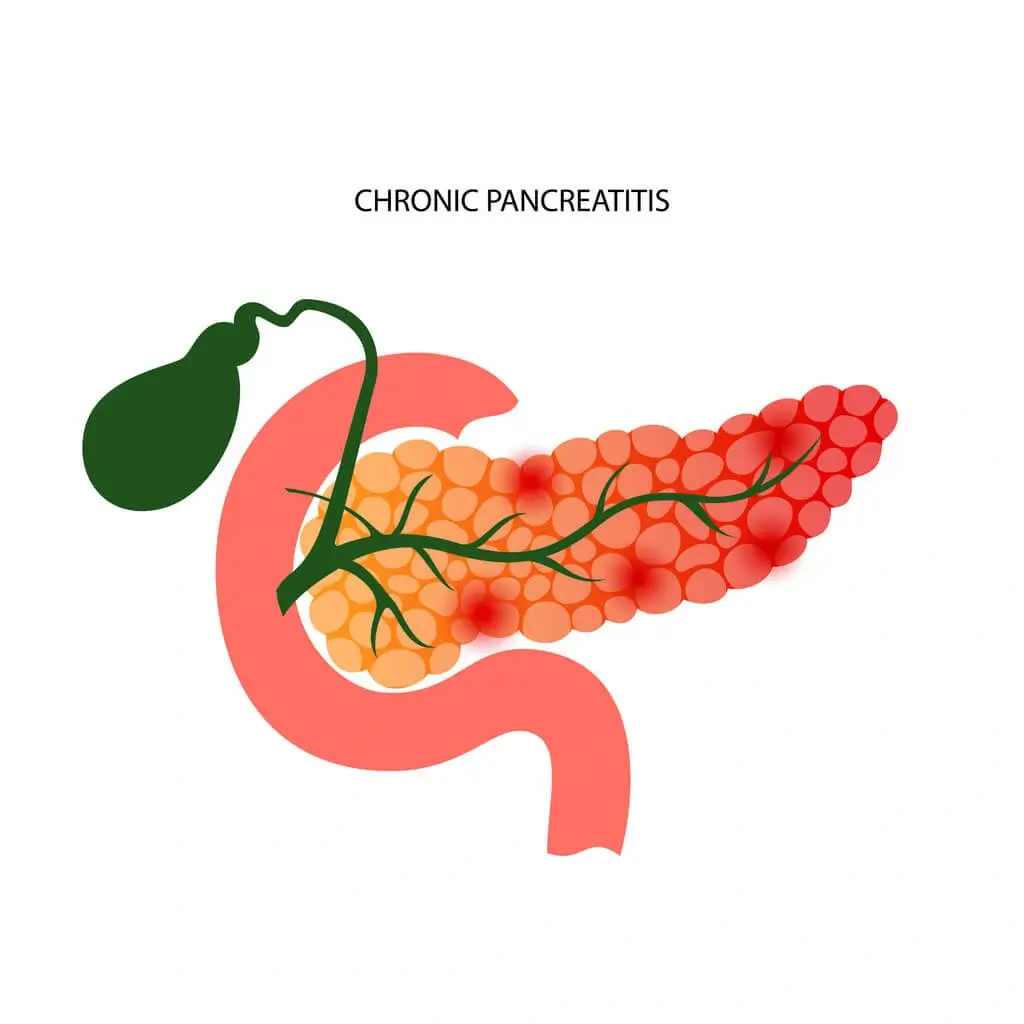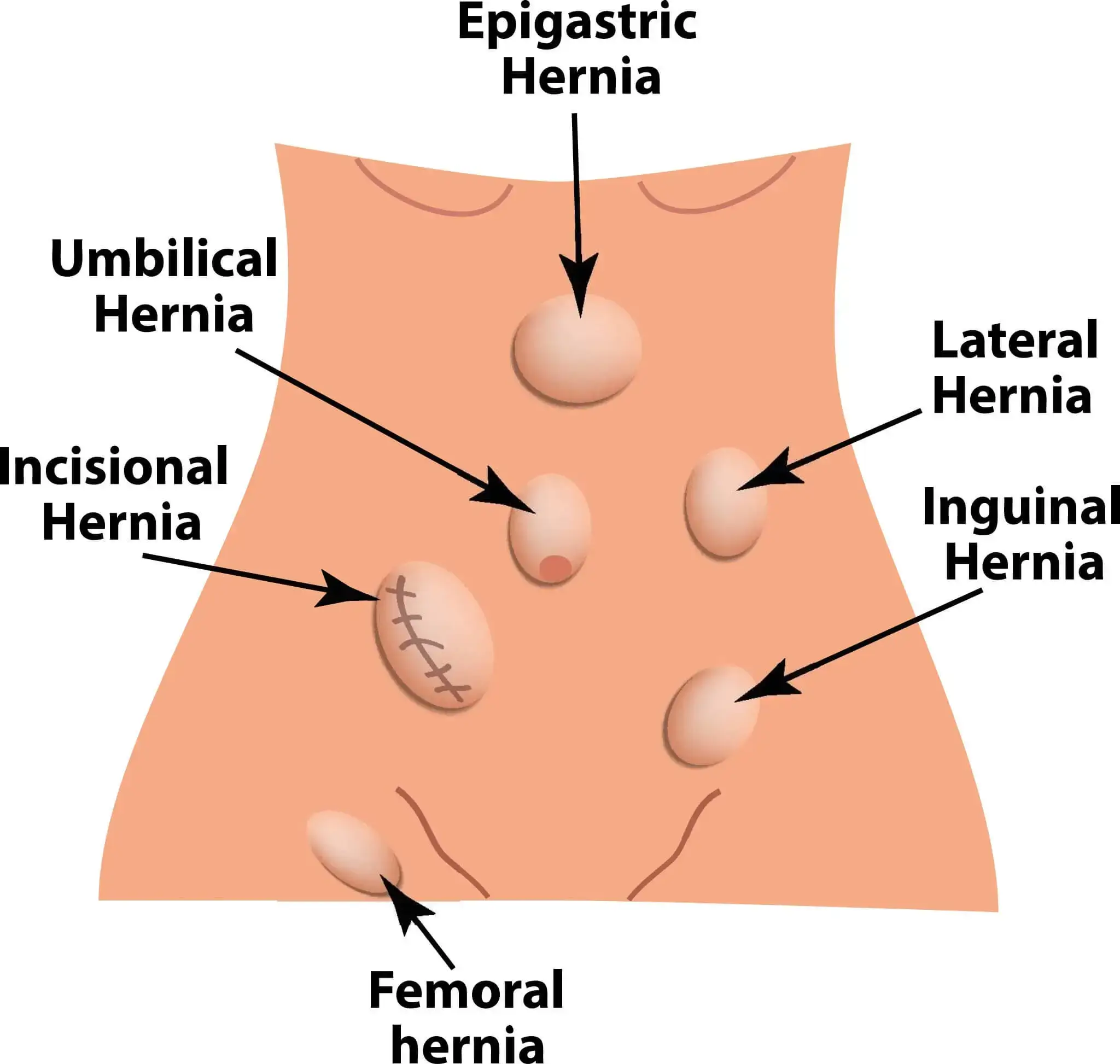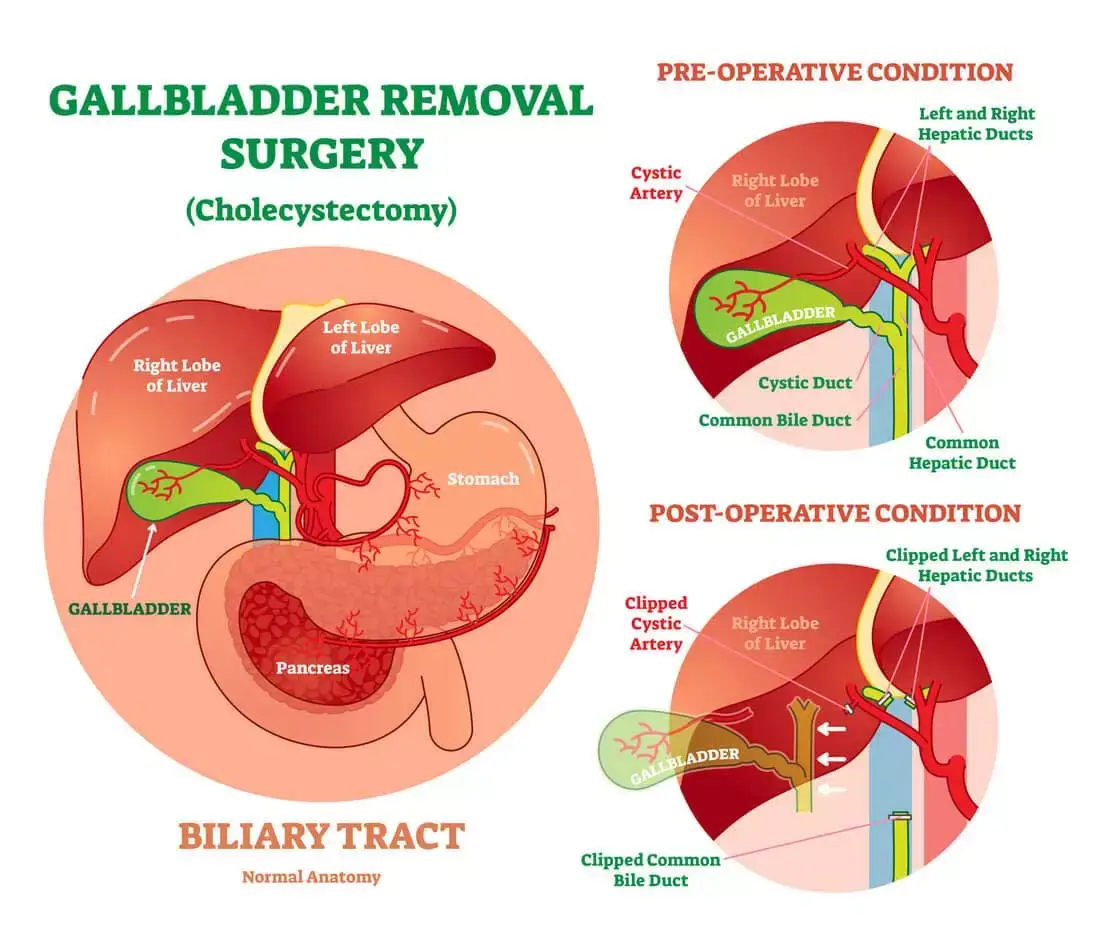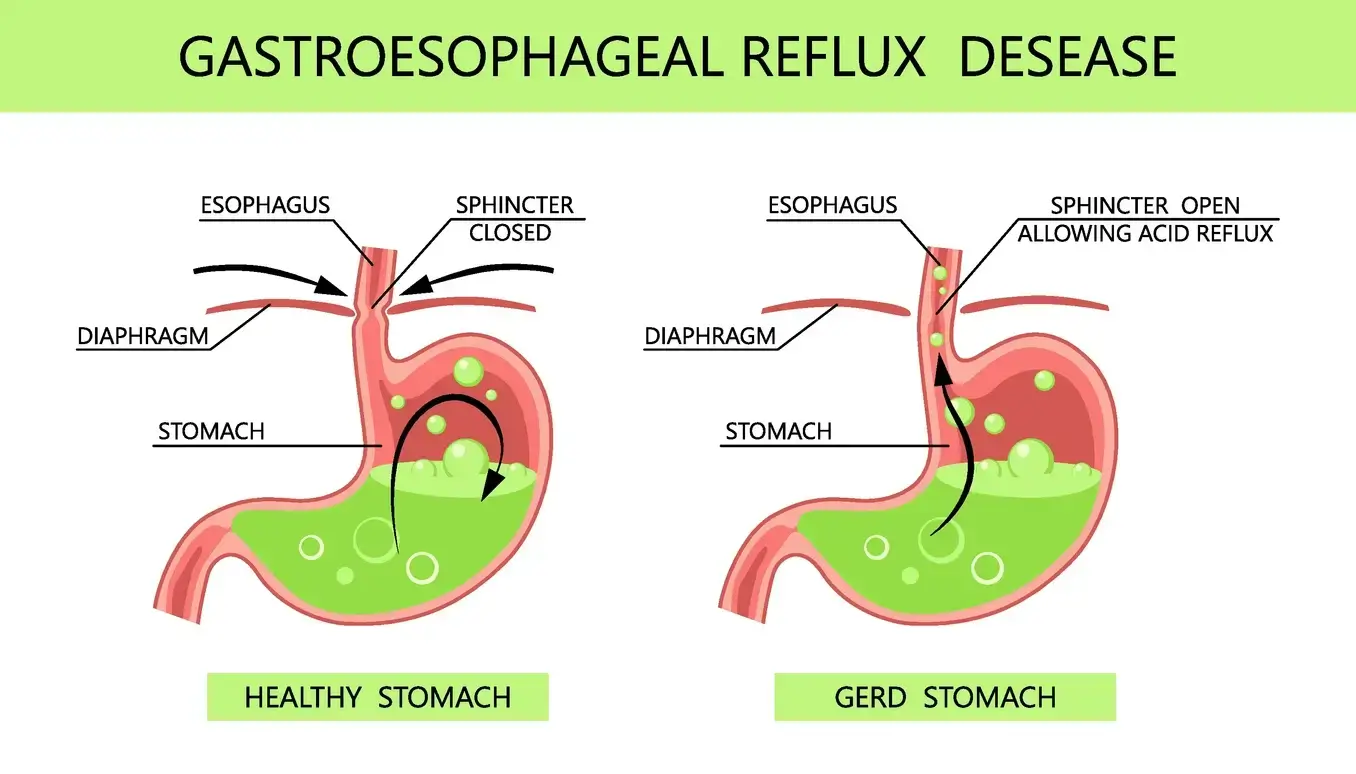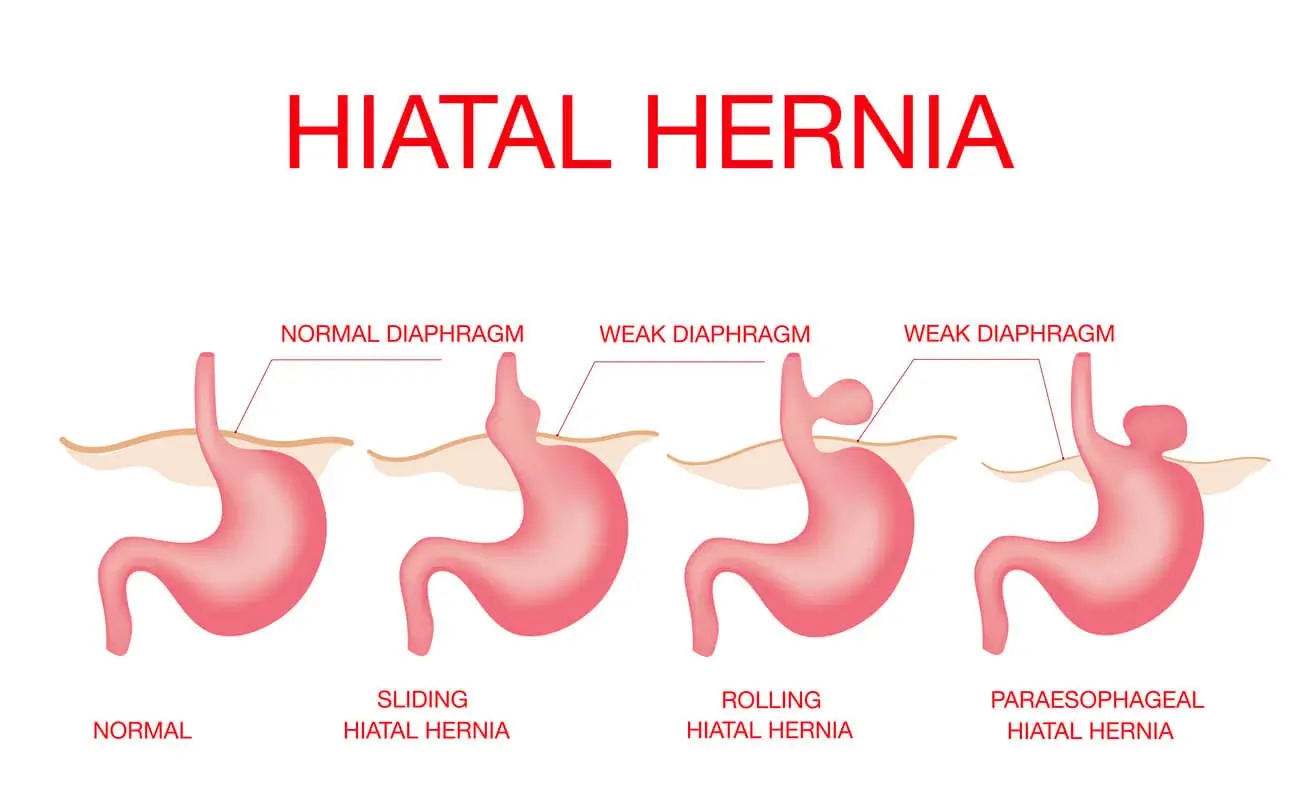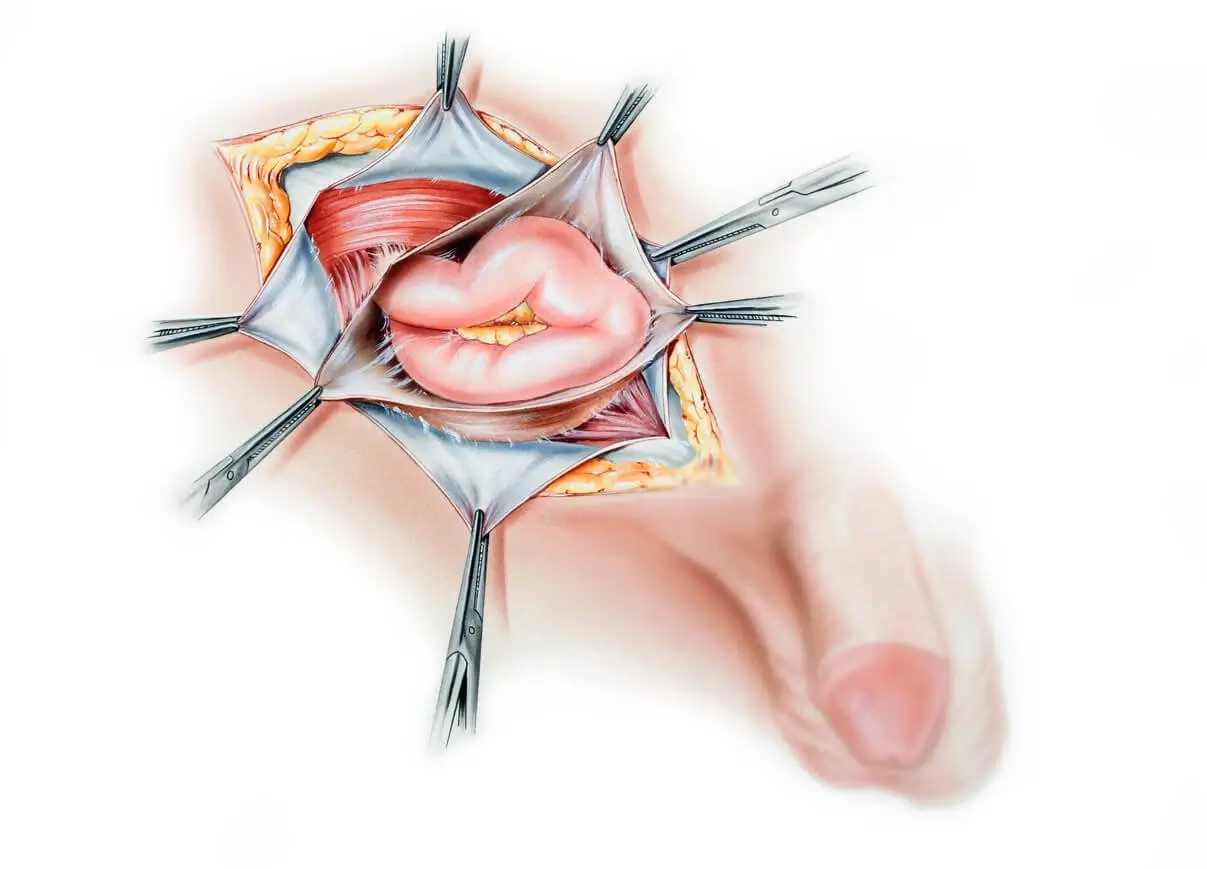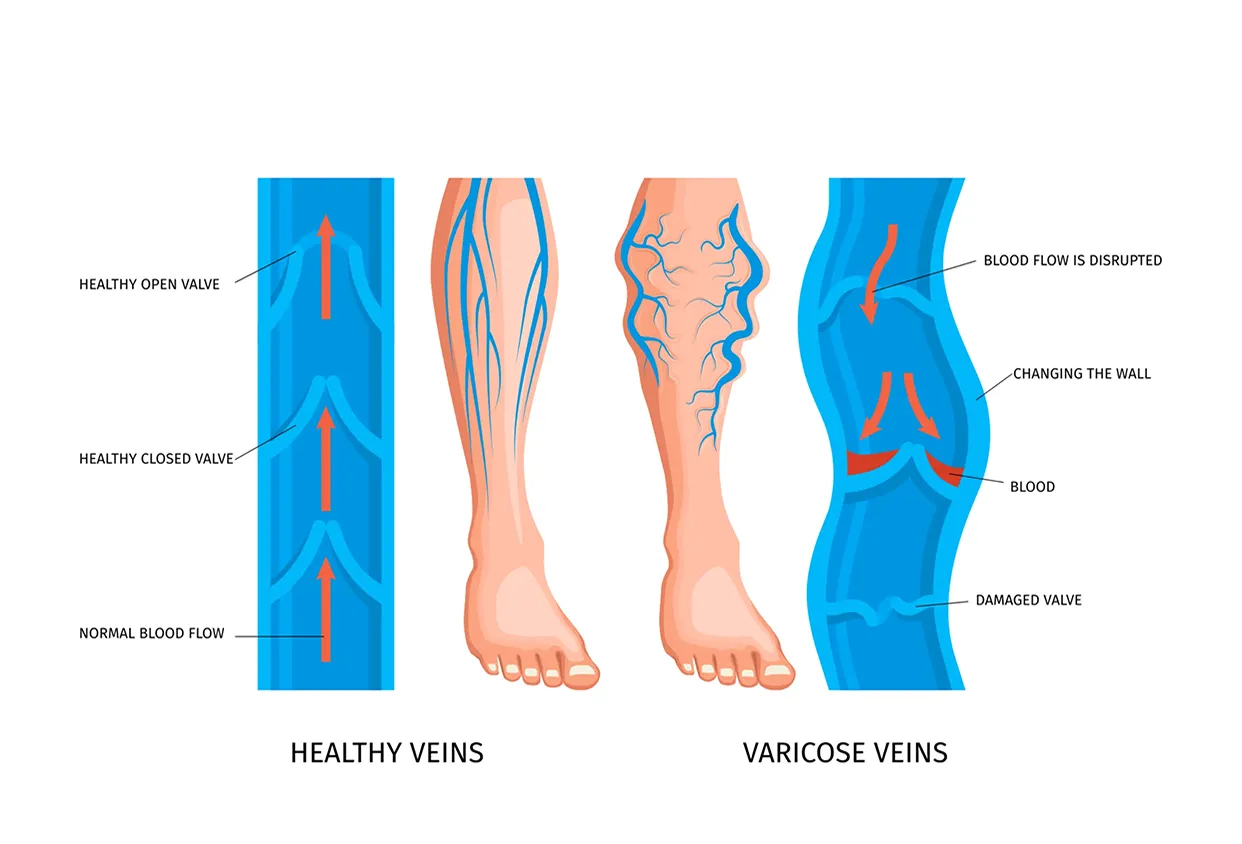Achieve Long-Term Results with Weight Loss Surgeon Dr. Moein
Unveil Your Options for Weight Loss Surgery Los Angeles
During a personalized consultation with Dr. Moein, you'll receive expert guidance on the best options to help you achieve your weight loss goals. Drawing on his extensive experience, Dr. Moein will walk you through evidence-based treatments, including medication and surgical options, all tailored to your individual needs and situation. Forget one-size-fits-all solutions—embrace a weight loss strategy that is uniquely designed for you.
Discover the Power of Knowledge in Bariatric Surgery
During your consultation, weight loss surgeon Dr. Moein will arm you with a wealth of
knowledge about the science behind weight loss, helping you understand the factors that impact your body
and the mechanisms that drive successful long-term weight management. With this understanding, you can
make informed decisions and establish a solid foundation for your transformative journey.
A Trusted Partnership: Bariatric Surgery Journey with Dr. Moein
Your consultation with Dr. Moein offers more than just medical
advice—it's an opportunity to meet the caring professional who will be your partner in achieving and
maintaining your weight loss goals. Dr. Moein's compassionate approach ensures you feel heard,
supported, and empowered throughout your weight loss journey. Together, you'll create a personalized
plan that addresses and helps you overcome your unique challenges.
Unlock the Door to Lasting Weight Loss Surgery Success
Trust your journey to the expertise of Dr.
Moein—a leading bariatric surgeon who understands your challenges and is committed to guiding you toward
a healthier future. Don't wait another day to take control of your weight and your life. Schedule your
consultation now and embrace the transformation that awaits you.


